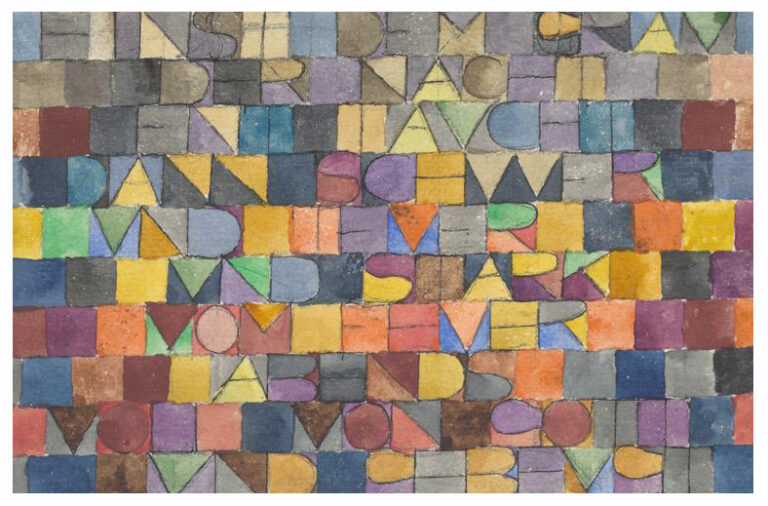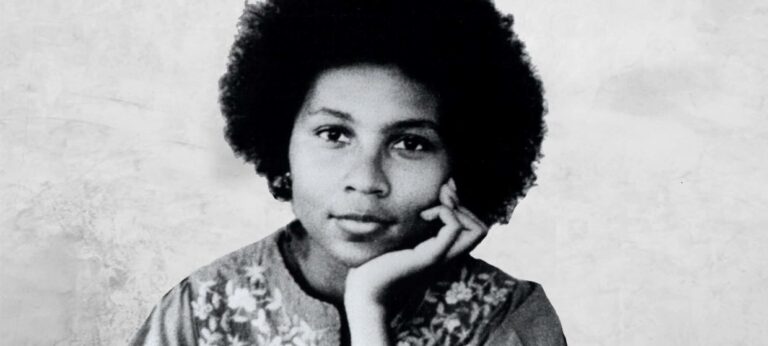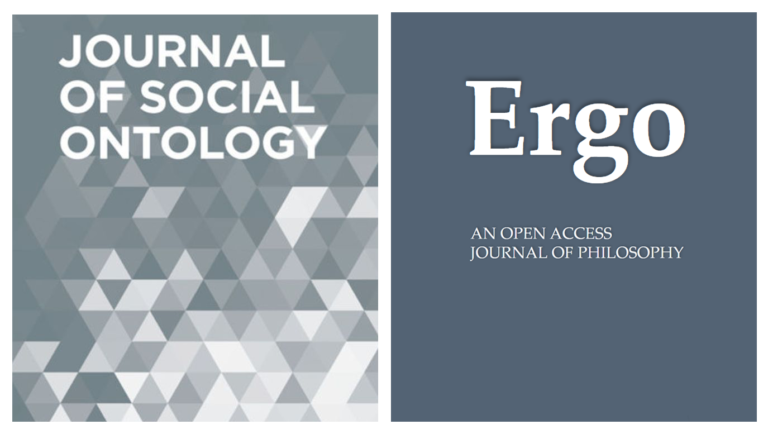Professor Singer’s longstanding advancement of philosophical arguments that presume the inferiority of many disabled lives is dehumanizing and dangerous. The creation of a hierarchy of lives as a justification for the allocation or denial of limited resources (whether “pleasure,” medical care, insurance, etc.) is a logic that has a long and violent history. It is a logic that underlies eugenicist arguments marking various marginalized populations as unfit to be a part of the advancement of the human race…
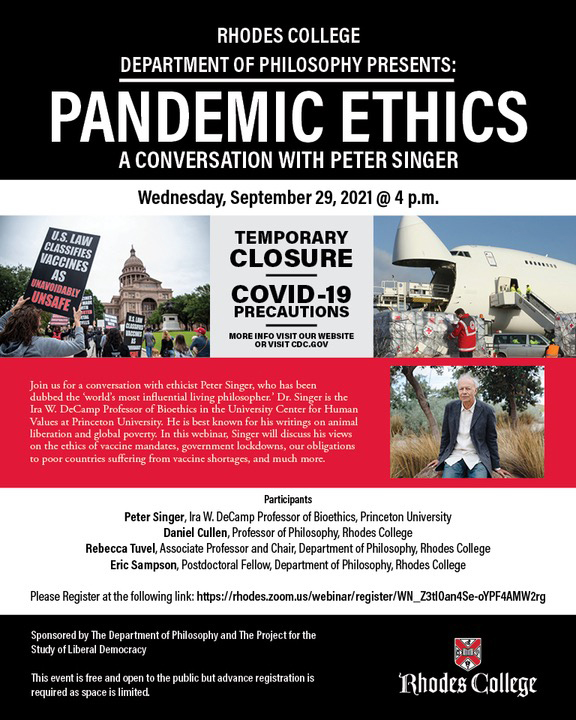
Rather than suggesting an alternative structure to the event such as the inclusion of one of the aforementioned disability scholars, though, the faculty instead says:
As an academic institution, we re-affirm our Statement on Diversity, which expresses our commitment to providing an “open learning environment,” where “freedom of thought, a healthy exchange of ideas, and an appreciation of diverse perspectives” are fundamental. It is this commitment to freedom of expression that allows academic departments to invite a variety of speakers to campus to enrich the educational experience of our students. Nevertheless, they should do so with responsibility, as well as with careful attention to our values as a diverse, equitable, and inclusive institution.

[W]e affirm our dedication to disability justice and urge the college to withdraw the invitation. We stand next to our students who are working hard to fight for their ideals of equality, fairness, and diversity, not as lip service, but as the basis of reflection and action. We cherish and advocate for freedom of speech and expression as long as it does not deny others their humanity.
The Department of Philosophy at Rhodes is chaired by Rebecca Tuvel (who readers may recall from this controversy). In response to calls to rescind Singer’s invitation, she emailed a statement from her and her departmental colleagues to the college community:
It’s an excellent response.
Yesterday a member of our faculty informed us of his profound disturbance caused by the invitation of Princeton University Prof. Peter Singer to speak on a Rhodes “Pandemic Ethics” virtual panel next week.
The Department of Philosophy at Rhodes College is scheduled to host an online event tomorrow (Wednesday) afternoon on pandemic ethics, featuring a conversation with Peter Singer (Princeton) and the philosophers at Rhodes. Faculty in other departments at the College have called for Singer’s invitation to be rescinded, owing to their understanding of his views about disability.
History faculty also sent out an email objecting to the event:
Disability scholars have critiqued Singer’s body of work across a range of themes, and we encourage anyone who reads Singer to also read this rich scholarship. Salient among these themes for the purposes of a panel on pandemic ethics is the denial of some disabled people’s full humanity and the premise that certain disabled people have lives that are less worth living than “normal” people (with whom they might be competing for medical resources). Given that COVID is one of the most profound disability rights issues of our lifetimes, it would seem that any panel on pandemic ethics would include disability scholars (especially given their significant challenges to Singer’s credibility in this area).
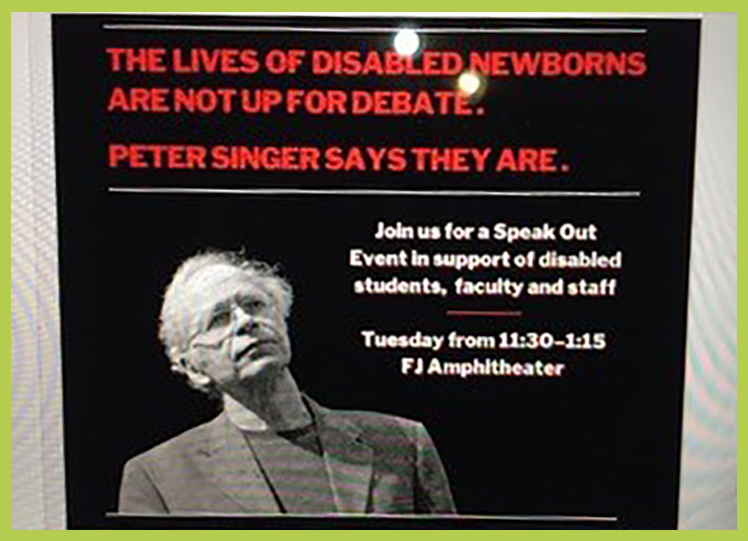
Serious intellectual exchange about matters of significance cannot avoid sometimes causing anger, offense, and pain and no one should be cavalier about that fact. It is not clear to us, however, what follows from our colleague’s understandable expression of disturbance at some of Professor Singer’s views. Do those views disqualify Singer from participating in the exchange of ideas that ought to occur at a liberal arts college? If that is the conclusion, we respectfully disagree, for its premise is that ideas that cause anger and dismay ought not, for that reason, be part of the exchange and that premise, we think, is incompatible with our mission to teach students how to engage in productive dialogue even, and indeed especially, with thinkers with whom they vehemently disagree.
A speak-out in support of people with disabilities at Rhodes College was scheduled for earlier today.
Fundamentally, Rhodes College is deeply committed to diversity, equity, and inclusion. These values extend to every member of our community, including individuals with disabilities. While we view the invitation to Peter Singer in light of our commitment to free and open dialogue at a liberal arts college, his views on disability are unequivocally antithetical to our institutional values of diversity, equity and inclusion. We reject and condemn in the most forceful manner possible any views that call into question the value and worth of all human life. It is within this context that we make the following affirmations:
We write in response to one of our colleagues, who has publicly expressed concern about the Philosophy department’s invitation to Peter Singer—and he has every right to do so. The objection raised is apparently not to the topic, but to the speaker. We are of course aware that Professor Singer has advanced philosophical arguments on bioethical issues that many find not only disturbing but deeply offensive, a reaction by no means confined to members of the disabled community. Indeed, the organizers also take issue with some of Dr. Singer’s views.
As historians, we the undersigned condemn Prof. Peter Singers’ abhorrent views that some humans have less value than others. We object to inviting him to Rhodes College to speak as part of a “Pandemics Ethics” panel. Positioning him as an expert on ethics only legitimizes his reprehensible beliefs that deny the very humanity of people with disabilities. Hypothetical philosophies on morality cause real violence. We historians are all too familiar with ideas that justify labeling marginalized, vulnerable, and minority populations as “life unworthy of life,” and the murderous consequences for those deemed “unfit” to live. Adhering to the College’s own IDEAS Framework that seeks to foster “a sense of belonging” and embrace “the full range of psychological, physical, and social difference,” we historians assert that Prof. Peter Singers’ blatant inhumanity has no place in serious academic exchange here at Rhodes.
-
- We affirm our strong belief in an inclusive, diverse, equitable, and accessible community – as outlined in the College’s IDEAS framework – one in which the worth and dignity of all persons is championed and supported.
- We affirm particular support for disabled members of our community who, justifiably, have expressed anger, outrage, and offense at some of Prof. Singer’s writings. Not only does Rhodes not tolerate discrimination on the basis of disability, the College also strongly believes that disabled people enrich our community by their presence on our campus. We affirm this while recognizing that we still have much work to do as an institution to support individuals with disabilities.
Photo of a sign for a “speak out” in support of persons with disabilities at Rhodes College.
We, the faculty in the Department of Anthropology and Sociology and the Africana Studies Program, wish to express our deepest dismay at the invitation of Professor Peter Singer to our campus. We believe that proceeding with this event as currently structured could further alienate students, faculty, and staff, particularly after the unresolved racist “incident” [story here] against African Americans that occurred in early September.
We are writing to acknowledge that our institution’s spirit of supporting expressive speech does not prohibit Professor Singer’s participation in this virtual panel. At the same time, our community’s values compel us to denounce some of the views he has expressed repeatedly over years through various addresses, writings, and media interviews.
Fortunately, the Rhodes College administration did not cancel the event. Rather, apparently with the view that the best response to problematic speech is more speech, the interim president and provost wrote the following:
A flyer for the event featuring Peter Singer.
While statements of support for people with disabilities is of course laudable, and criticisms of Singer’s views may be worth making, it is unfortunate that these faculty chose to combine this expression of solidarity with a call for action that would violate the academic freedom of their colleagues in the Department of Philosophy.
Faculty in the Department of Anthropology and Sociology and the Africana Studies Program sent out an email to the college community that said, in part:
